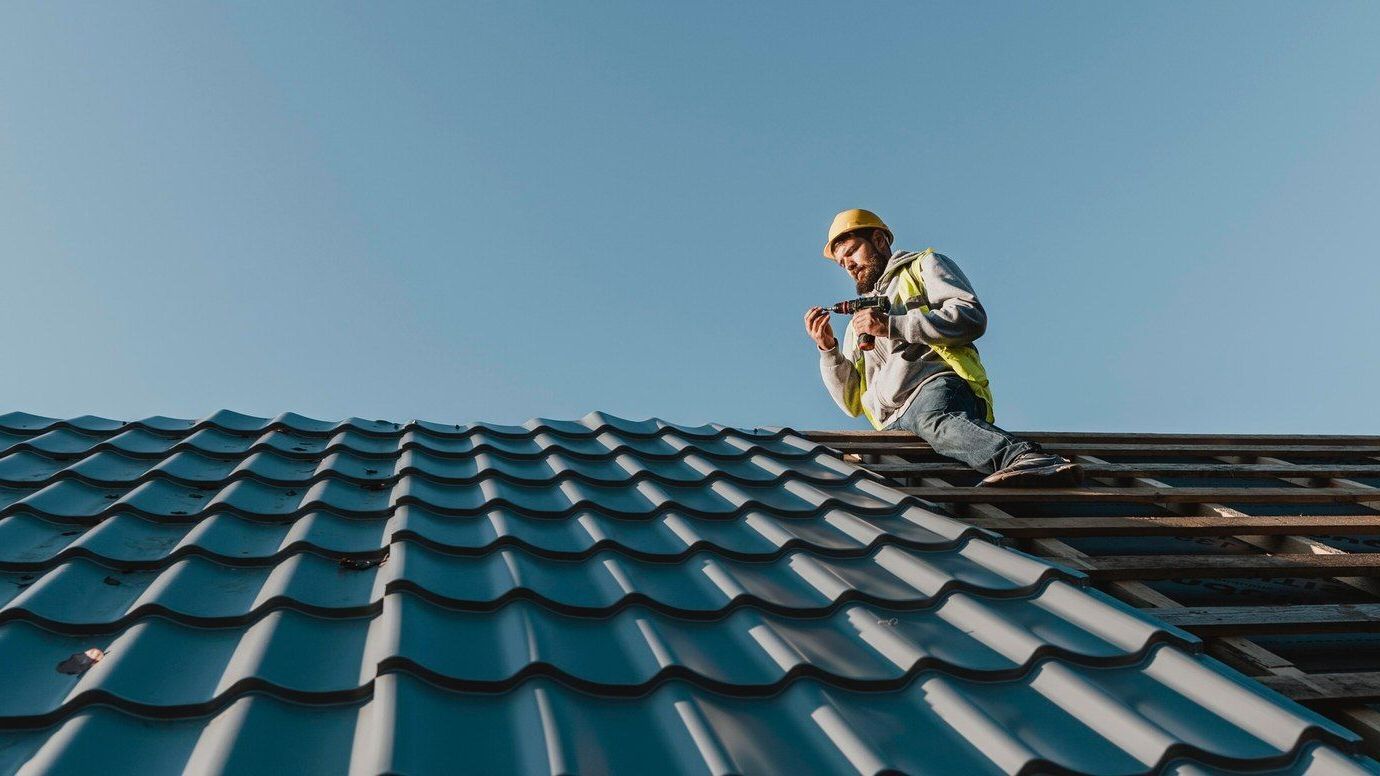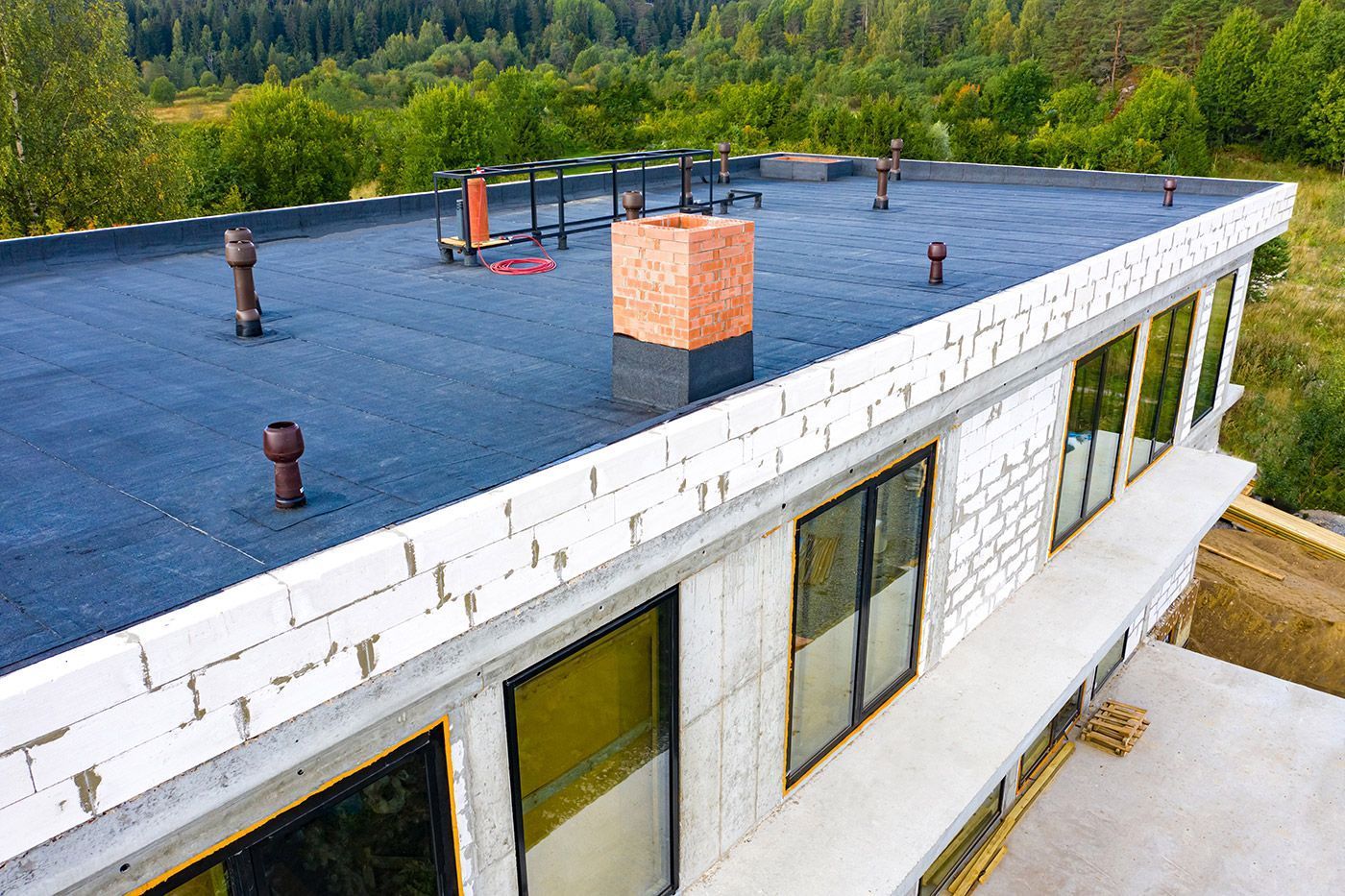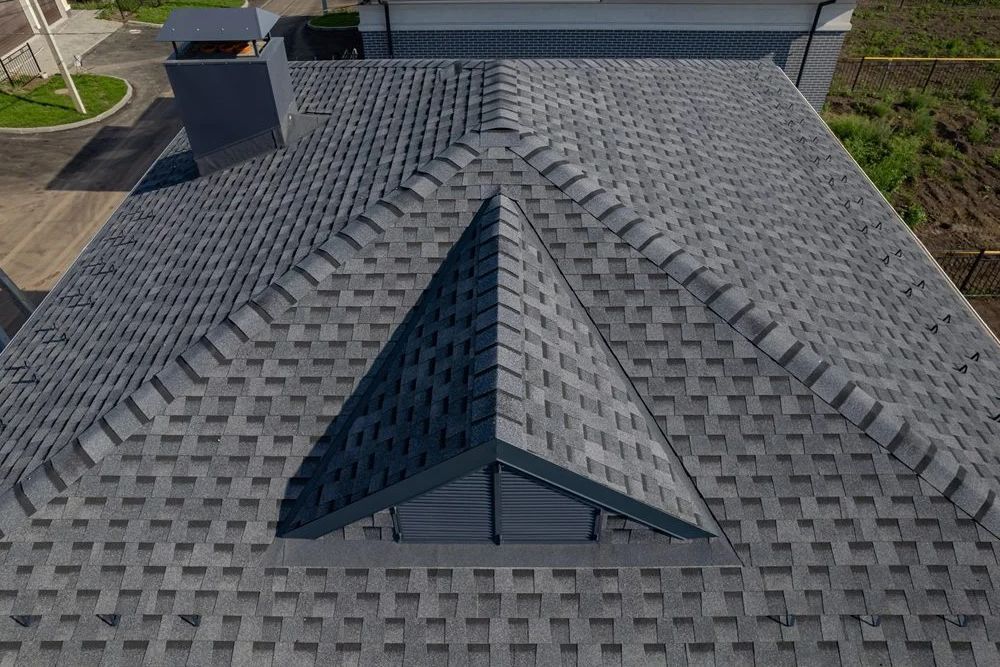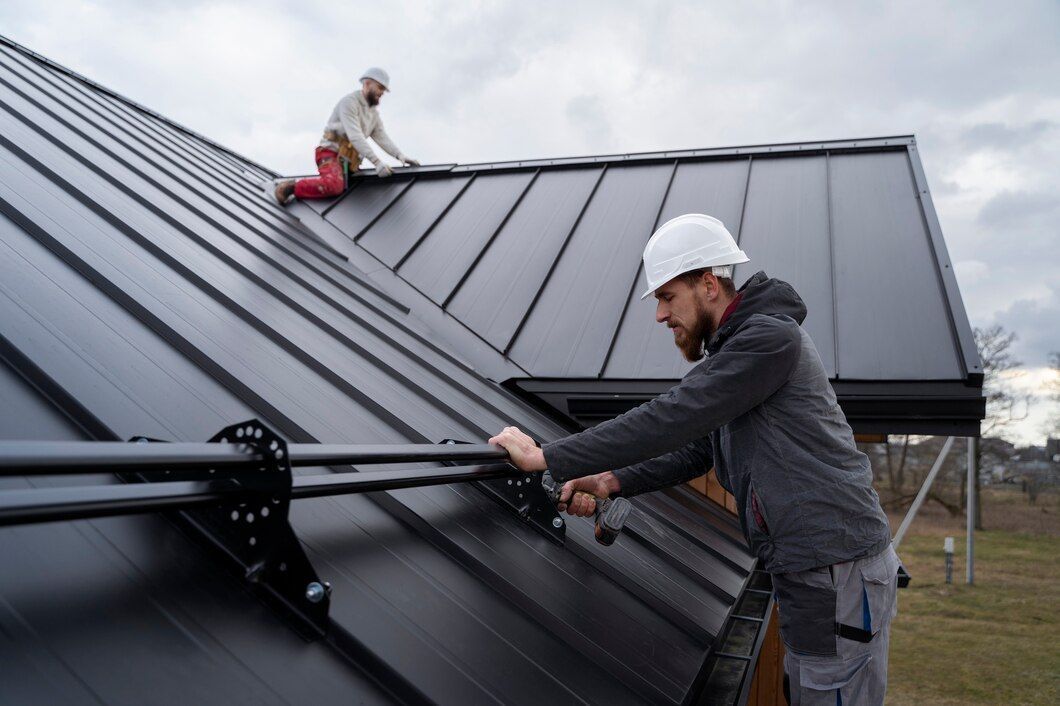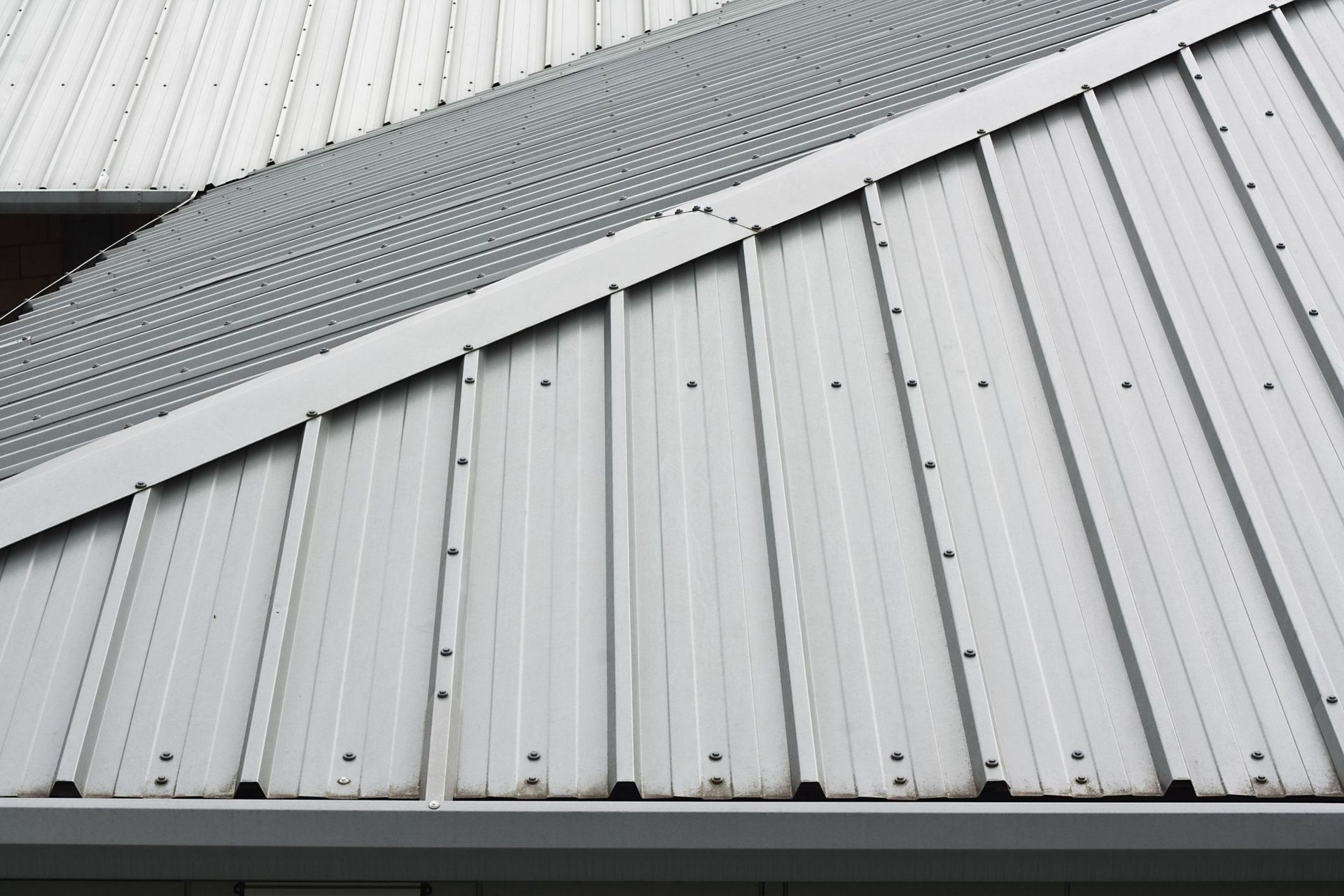Should You Stay Home During My Roof Replacement? Find Out
Should You Stay Home During a Roof Replacement?
When replacing a roof, many homeowners ask, "Is it safe to stay home during the process?" Concerns often revolve around safety, noise levels, and disruptions to daily life. At Roof Repair Company, we aim to provide clarity on this topic. Whether it's a scheduled project or unexpected emergency roof repair, knowing what to expect can help you make the best choice for your comfort and safety.
This guide explores why leaving your home during a roof replacement is often the better choice while offering helpful insights to make the experience as smooth and stress-free as possible.
Should I Stay Home During Roof Replacement?
Deciding whether to stay home during a roof replacement requires weighing the pros and cons. While some homeowners prefer to remain on-site, the constant noise, heavy equipment, and general disruption often make it impractical. The process involves persistent hammering and movement, which can interfere with daily activities. Being present during the initial stages is helpful if the roofing team needs your input, but beyond that, many find it more comfortable to step away. If you choose to stay, take precautions—remove valuables from the attic, secure fragile items, and prepare for dust and debris. Ultimately, the decision depends on your tolerance for noise and disruption. While staying home has some advantages, there are compelling reasons to relocate temporarily.
Can You Live in a House While the Roof Is Being Replaced?
Many homeowners wonder, “Can you live in a house during a roof replacement?” The simple answer is yes, but it comes with challenges. Staying home allows you to oversee the work and address any immediate concerns. However, it also means dealing with loud construction noise, dust, and potential interruptions to your routine. If you choose to remain in the house, ensure the roofing team follows safety protocols and take measures like moving to a quieter area and securing valuables. Understanding the impact of living in a house during a roof replacement helps you prepare and decide what’s best for your situation.
What Happens During the Roof Replacement Process?
Roof replacement involves several crucial steps to ensure durability and efficiency. It begins with an inspection to assess damage and determine the necessary materials. The old roofing material is then removed, exposing the deck for repairs if needed. A new underlayment is installed for added protection. For metal roofs, sheets are carefully placed and secured, while other roofing materials like shingles are installed to create a weatherproof barrier. Throughout the process, the roofing team manages debris and maintains cleanliness. Many homeowners choose to leave during the noisiest phases, but staying allows for direct communication with the contractors. The final steps include a thorough cleanup and a post-installation inspection to ensure quality work. Understanding these steps can help homeowners decide whether to stay or temporarily relocate.
How Long Does a Roof Replacement Take?
One of the most common questions homeowners ask is, "How long does a roof replacement take?" The timeline varies based on home size, roofing materials, and weather conditions. On average, the process takes one to three days without major delays. Planning ahead helps determine whether staying home is the best option. While remaining on-site allows you to monitor progress, it can also be disruptive. Knowing the expected timeline helps manage expectations and make informed decisions about your living situation during the project. If you choose to stay, prepare for noise and inconvenience while taking the opportunity to ensure the work meets your standards. Finding the right balance is key to a successful roof replacement experience.
Understanding the Roof Replacement Process
Knowing what happens during a roof replacement is essential when deciding whether to stay home. The process includes multiple stages, starting with an inspection and ending with the final installation. Roofing professionals thoroughly assess the roof and gutters to detect any hidden problems. The replacement begins with removing old materials to create a solid base for the new roof. Keep in mind that this work can be loud and disruptive, which may influence your choice to remain at home. Additionally, safety is a major factor since roof replacement requires specialized equipment and trained professionals. A full understanding of the process allows you to make an informed decision about whether to stay home. With the right preparation, you can ensure a smooth and efficient replacement while maintaining a balance between convenience and safety.
What Are Some Good Reasons to Stay Home During a Roof Replacement?
There are several benefits to staying home during a roof replacement. First, remaining on-site allows you to oversee the progress and ensure the project stays on track. Additionally, if you're available, you can quickly answer any questions the roofing team may have. While many contractors suggest leaving due to the noise and activity, staying home can provide peace of mind, knowing your property is secure. Being present during key stages of the process allows you to witness the work firsthand. You can also take extra precautions to safeguard personal belongings and property. Ultimately, staying home gives you direct access to professionals and ensures any immediate concerns are addressed. Weighing these advantages can help you decide the best approach for your roofing project.
What Are Some Reasons I Might Not Want to Be Home During Roof Replacement?
There are several reasons you may prefer not to stay home while your roof is being replaced. The most obvious issue is the noise. The process involves constant hammering and heavy equipment, which can disrupt daily activities. Another concern is the potential for accidental damage. While professional contractors take precautions, debris can fall, posing a risk to your home and surroundings. Limited access to certain parts of your property is another inconvenience to consider. Additionally, leaving home during the project can help reduce stress, as you won’t have to witness the mess and chaos firsthand. Considering these factors, many homeowners find it more comfortable to be away during the replacement to avoid noise, disruptions, and potential risks. In many cases, stepping out during the work can make the process easier for both you and the roofing team.
Preparing Your Home for Roof Replacement
Proper preparation ensures a smoother roof replacement process. If you plan to stay home, being ready will help minimize disruptions. Before the work begins, move outdoor furniture and valuables away from the construction area to prevent damage. Inside, secure fragile items, as vibrations from the work could cause them to shift or fall. Informing neighbors about the upcoming project is also a courteous step, as the noise and activity might affect them. If you choose to stay home, preparing in advance will help you manage the situation more comfortably. Having a plan in place ensures the project runs efficiently while keeping both your household and the roofing team safe. Preparing your home properly for roof replacement is key to a successful and stress-free experience.
Ready to Embrace Roof Replacement Without Moving Out?
Are you prepared to stay home while your roof is being replaced? Many homeowners wonder whether it's best to remain on-site or temporarily relocate. The good news is that staying home is entirely possible. It allows you to communicate directly with the roofing team and monitor progress firsthand. However, the process can be noisy and somewhat disruptive, so it’s essential to prepare accordingly. Some homeowners prefer to leave during the most intense phases of the work, while others find it manageable to stay inside. Professional roofers work efficiently and safely, minimizing inconvenience as much as possible. If you choose to remain at home, setting up a comfortable space away from the construction zone can help reduce disruptions. Ultimately, whether you stay or leave, making an informed decision will ensure a smoother roof replacement experience.
Should You Stay Home During a Roof Replacement?
When preparing for a roof replacement, you may wonder whether to stay home or leave. The decision depends on several factors, including noise levels, disruptions, and personal comfort. Some homeowners prefer to stay home during the project to monitor progress and address any concerns, ensuring their property remains protected. However, leaving the house during construction can help avoid the inconvenience of loud noise and limited access to certain areas. Understanding the timeline and scope of the work will help you make an informed choice. Ultimately, whether you stay or leave during a roof replacement is a matter of preference and how comfortable you are with construction happening around your home.
What Should I Do If I Decide to Stay Home During Roof Replacement?
If you choose to stay home during a roof replacement, there are a few steps you can take to minimize disruptions and ensure safety. Communicate with the roofing team to understand their schedule and work areas so you can plan accordingly. Set up a quiet space away from the construction zone, and keep children and pets in a safe location. Stock up on essentials to avoid unnecessary trips outside during the project. Covering furniture and valuables can also help protect them from dust and debris. Additionally, informing your neighbors about the upcoming work is a considerate gesture. Taking these precautions will help make the experience smoother and more manageable if you decide to stay home during the roof replacement.
Is It Time For You to Replace Your Roof?
Determining when to replace your roof can be challenging, but regular inspections can help assess its condition. Signs like leaks, missing shingles, or significant wear indicate it may be time for a replacement. Whether you're considering minor repairs or a full roof replacement, consulting professionals is essential for an accurate evaluation. Seasonal weather can also impact roofing conditions, making it crucial to address issues before they worsen. If you're debating whether to stay home during the process, consider the potential noise and disruptions. While some homeowners choose to remain on-site, others find it more convenient to step away. Commercial properties also need regular assessments to determine the best time for replacement. Addressing roofing concerns early can help prevent costly repairs and ensure your home stays safe and well-maintained.
Related Articles
If you're debating whether to stay home during roof replacement, reviewing related articles can provide helpful insights. These resources cover key topics, including the roof replacement process, common concerns, and essential preparation tips. You’ll find information on materials such as metal roofing, the importance of professional installation, and ways to protect your gutters during the project. Understanding each step of the process can help you feel more confident about staying home during the replacement. Additionally, related articles offer tips on minimizing damage and ensuring a smooth experience. Whether you're dealing with asphalt shingles or other roofing materials, learning more about the process will help you make informed decisions and prepare effectively for your roof replacement.
Q: Should I stay home during the roof replacement process?
A: While you have the option to stay home during roof replacement, it may not be the most comfortable choice due to loud noise and disruptions. The use of heavy equipment and continuous hammering can interfere with daily activities. Many homeowners prefer to leave during the process to avoid the inconvenience. If you decide to stay, take precautions by securing valuable items and minimizing dust exposure.
Q: Is it safe to live in a house while the roof is being replaced?
A: Yes, living in the home during a roof replacement is generally safe as long as proper safety measures are followed. However, excessive noise, dust, and limited access to certain areas may cause discomfort. If you choose to stay, ensure that the roofing team follows safety protocols and take steps to protect fragile or valuable belongings.
Q: How long does a roof replacement typically take?
A: The timeframe for roof replacement varies based on home size, roofing materials, and weather conditions. On average, the process takes between one to three days if no significant delays occur. Understanding this timeline can help you decide whether to remain at home or make alternative plans during the project.
Q: What steps should I take to prepare my home for roof replacement?
A: To prepare your home for roof replacement, take the following steps: move outdoor furniture and valuables away from the work area, secure fragile items inside to prevent damage from vibrations, cover furniture to protect against dust, and notify neighbors about the project to reduce disruptions. Proper preparation ensures a smoother and safer experience.
Q: What are the advantages of staying home during the roof replacement?
A: Staying home during roof replacement allows you to oversee the progress and communicate directly with the roofing team. You can ensure your property remains protected and address any concerns immediately. However, the downside is dealing with noise and potential interruptions. Weighing these factors will help you decide whether staying home is the best option for your situation.
OUR RECENT ARTICLES
